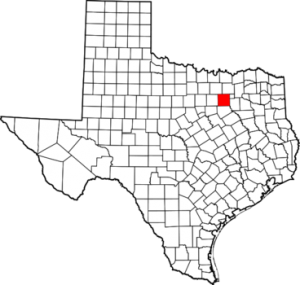Dallas County Health and Human Services (DCHHS) has confirmed the eighth human case of West Nile virus (WNV) infection in Dallas County for the 2014 season.

Image/David Benbennick via Wikimedia Commons
The resident, who lives in the 75243 zip code in Dallas, was diagnosed with West Nile Neuroinvasive Disease. For medical confidentiality and personal privacy reasons, DCHHS does not provide additional identifying information.
“We want our residents to know the mosquitoes that carry West Nile virus are here and they’re active,” said Zachary Thompson, DCHHS director. “Our mosquito surveillance program and the county and municipal abatement teams are taking appropriate actions to ensure the safety of our residents. However, it is important for residents to take the necessary precautions.”
In 2013, Dallas County reported 16 human WNV cases, while in 2012, they accounted for 398 cases and 20 deaths.
According to the Centers for Disease Control and Prevention (CDC), as of Sept. 16, the state of Texas had reported 91 cases and one fatality.For more infectious disease news and information, visit and “like” the Infectious Disease News Facebook page
North America in 1999 in New York. Prior to that it had only been found in Africa, Eastern Europe, and West Asia.
According to the Centers for Disease Control and Prevention (CDC), approximately 80 percent of people (about 4 out of 5) who are infected with WNV will not show any symptoms at all.
Up to 20 percent of the people who become infected have symptoms such as fever, headache, and body aches, nausea, vomiting, and sometimes swollen lymph glands or a skin rash on the chest, stomach and back. Symptoms can last for as short as a few days, though even healthy people have become sick for several weeks.
About one in 150 people infected with WNV will develop severe illness. The severe symptoms can include high fever, headache, neck stiffness, stupor, disorientation, coma, tremors, convulsions, muscle weakness, vision loss, numbness and paralysis. These symptoms may last several weeks, and neurological effects may be permanent.
There is no specific treatment for WNV infection.

